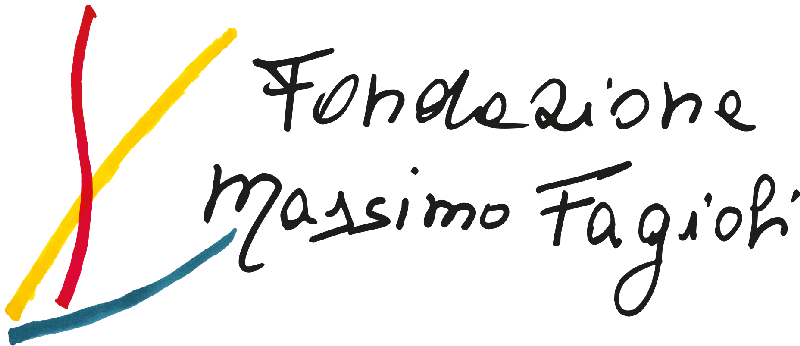Massimo Fagioli’s meeting/debate with the politics and culture of the left wing waslong and complex starting from the resistance and the help given to the partisans when he was a teenager. It evolved between the ‘80s and ‘90s to reach, between the years 2006 and 2017, the well-established collaboration with the weekly magazine LEFT. Over a period of forty years, the idea/need to radically refound a new left wing thinking based on the Human Birth Theory has repeatedly emerged as well as in the history of the “collective analysis”.
The group IDEAS FOR A NEW LEFT WING, born within the Laboratory “Politics,Culture, Science and Society”, stimulated by the challenges imposed by the current events (on several occasions), intends to face the cultural and political foundations of the left wing building on the thought of Massimo Fagioli and taking as guidelines, for an initial research, the four words: “Freedom, Equality Fraternity and Transformation” of the acronym Left.
The left wing has suffered for decades from an irreversible crisis because it is incapable of elaborating new and original ideas that lacked in Marxist humanismand its epigones. New ideas on human reality, freedom, equality, history, alienation, beyond the basic needs for survival, the high road to recreate a thought on the left wing that recovers that irrational thought in which lies the identity of man, his freedom, his equality, his sociality, his fantasy, his origin. With these premises, it will bring to the attention of the Conference a historical/theoretical research of the four words to highlight the problems that have prevented the idea of a full human emancipation within the left wing, from the Enlightenment to our days.
Freedom
Commonly, freedom is understood as something original/native, given by birth, ending where the other’s begins. Freedom from material and social impediments, as far as permitted by laws. Freedom to realize one’s personal goals. On the contrary, with the Human Birth Theory we get to an absolutely original elaboration that sees freedom as a relative, non-original/native value (the child is not born free because he depends on the adult and has yet to develop himself). Human beings are free when they are able to develop their human identity without the need for laws or morality. Freedom is a “continuous movement and process ofthe human being seeking the truth about himself”; (Left April 27, 2012) that blends and does not counterpose individuality to sociality.
Bibliography
- Left 2006, 2007, 2008, L’Asino d’Oro ed ;
- Istinto di morte e conoscenza, L’Asino d’Oro ed 2017;
- Bambino donna e trasformazione dell’uomo , L’Asino d’Oro ed 2013;
- E. Amalfitano, Le gambe della sinistra, L’Asino d’Oro ed 2014;
- Corrado Ocone, Nadia Urbinati, La libertà e i suoi limiti: antologia del pensiero liberale da Filangieri Bobbio;
- Manifesto per l’uguaglianza. Nuova ediz. di Luigi Ferrajoli , La terza, 2019;
- N. Bobbio, Eguaglianza e libertà, Einaudi 1995;
- M. R. Manieri, Fraternità, Marsilio 2013;
- E. Morin, La fraternità, perché? Resistere alla crudeltà del mondo, Editrice AVE
